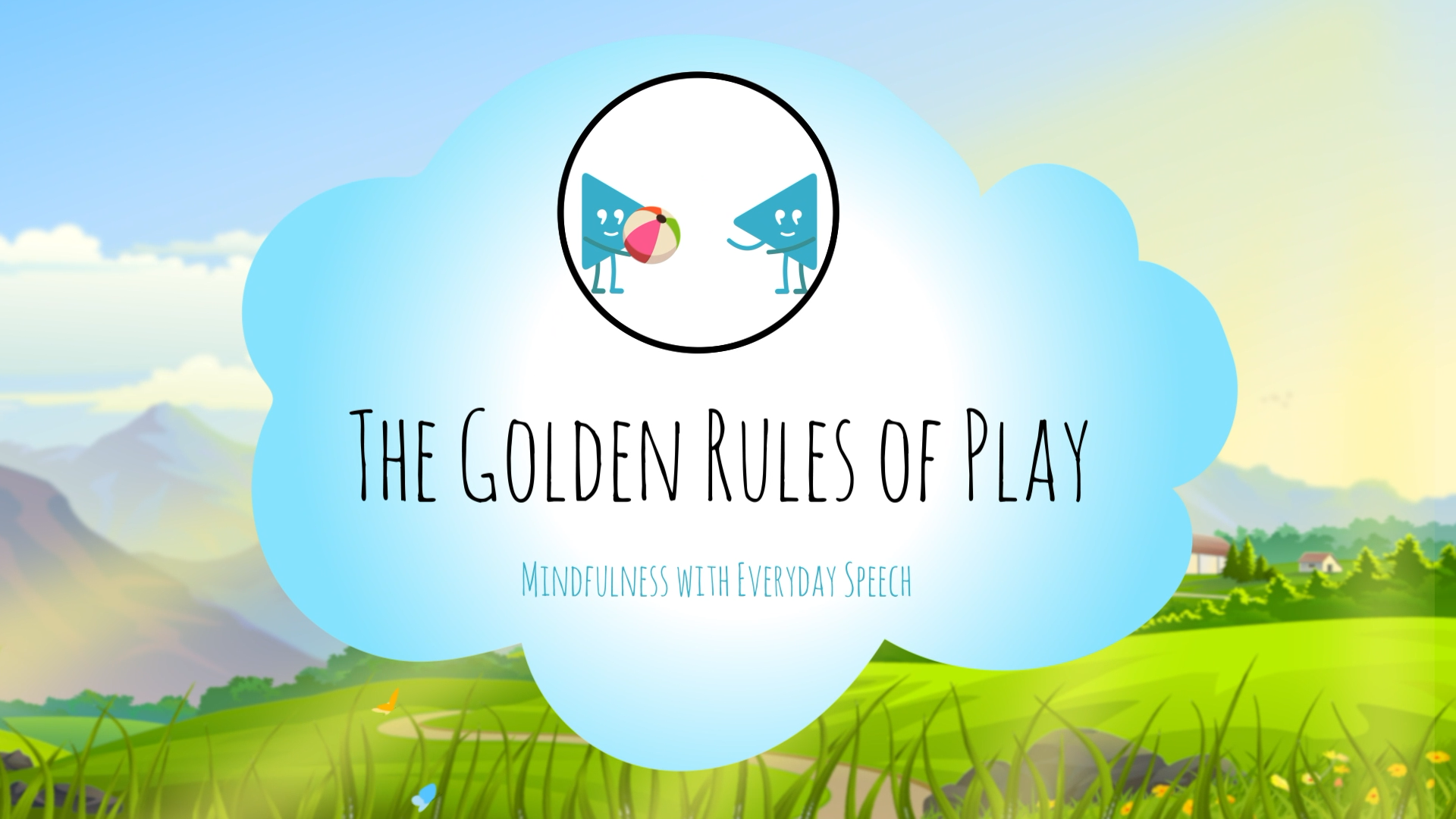
Introduction
Playing with others is an essential part of children’s development, and establishing a set of guidelines can help ensure that everyone has a positive experience. The Five Golden Rules of Play are designed to help elementary students learn how to interact with their peers in a respectful and enjoyable manner. By incorporating these rules into your classroom, you can foster a positive environment that encourages social-emotional learning and helps students develop essential life skills.
No-Prep Activity
Here’s a simple, no-prep activity that you can use to help your students practice the Five Golden Rules of Play:
- Divide the class into small groups of 3-4 students.
- Ask each group to come up with a fun game or activity that they can play together, keeping in mind the Five Golden Rules of Play.
- Give the groups a few minutes to discuss and agree on an activity. Encourage them to use the first rule, “Find what you have in common,” to help them decide on an activity that everyone will enjoy.
- Once the groups have chosen their activity, have them practice playing the game while following the Five Golden Rules of Play. As the educator, you can observe and provide guidance as needed.
- After the activity, gather the class together and discuss how following the Golden Rules made the game more enjoyable for everyone.
Discussion Questions
Use these questions to stimulate further discussions about the Five Golden Rules of Play:
- Why is it important to find what you have in common with others when choosing an activity to play?
- How does asking to play help you become part of a group and make others feel included?
- Why is it important to follow the rules of a game, even if you’re losing? How does this make the game more enjoyable for everyone?
- How does taking turns promote fairness and cooperation in a group activity?
- Why is being flexible important when playing with others? How can you handle changes in a game or activity without getting upset?
Related Skills
In addition to the Five Golden Rules of Play, there are several other social-emotional learning skills that can help students interact positively with their peers:
- Active Listening: Encourage students to listen carefully to their peers and respond thoughtfully during conversations and group activities.
- Empathy: Teach students to put themselves in others’ shoes and consider how their actions affect the feelings of their classmates.
- Conflict Resolution: Help students develop strategies for resolving disagreements and finding solutions that work for everyone involved.
- Respect: Encourage students to treat others with kindness and consideration, regardless of their differences.
Next Steps
As an educator, you play a crucial role in helping your students develop strong social-emotional learning skills. By teaching your students the Five Golden Rules of Play and incorporating related skills into your classroom activities, you can help create a positive environment where everyone feels included and valued. To further explore resources and materials that can support your students’ growth in this area, sign up for free samples at Everyday Speech. These resources can help you introduce new skills, reinforce positive behaviors, and guide your students in becoming more confident and compassionate individuals.

